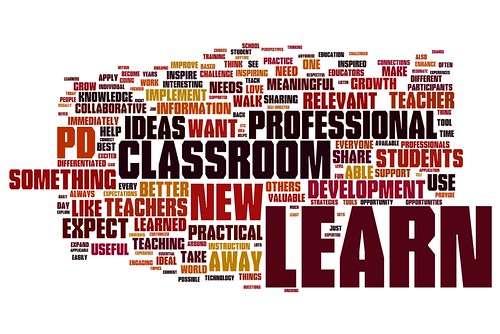Last summer when Google Expeditions Pioneer first announced itself, I at once signed up to pilot the program. Then to my disappointment, they announced they were only in select cities. This repeated itself 3 more times, with a request from Google to sign up only to be told by Google that they were not in my city. I even emailed Google asking why keep asking folks to sign up if it wasn't available. Google Expeditions leverages Google Cardboard to create virtual reality tours in 3D for students. Right now, the images are only still images with no sound. Video and audio are in the works. Currently there is, at least in theory, a zoom function, but Google has for now disabled that feature as it causes Expeditions to crash. Three weeks ago, Google emailed me on a Thursday saying they were in my area and could they come on Tuesday. I scrambled like crazy to get that day together. After a frantic weekend trying to get the day in order, Google asked if they could come later in the month. I was both chagrined and relieved. In the three weeks I worked with Google setting this up, I worked with three different project managers. Majorly annoying. In fact, Google emailed two days before their visit asking if they could postpone for a second time. I got close to pulling the plug on the whole day. I was surprised by how Google seemed to be flying by the seat of their pants. Cutting to the chase... later in the month ended up being this past Thursday. I organized for 26 different classes to experience Google Expeditions. The results? Google Expeditions are going to be awesome. They aren't yet. They have some glitches both big and small. I have some reservations beyond tech glitches and organizational snafus. Right now, the Expeditions are still teacher centered. I led the expedition for my students. Brand new tool. Old paradigm. I'd love for Google to think more about letting students explore and teach themselves. Better yet, Google should offer both options for their tours. Still, despite my complaints, the promise is truly extraordinary. I think these pictures of the students at my school capture how amazing the technology truly is. You may click the link above or scroll through the pictures below to see the wow factor on the faces of teachers and students.





